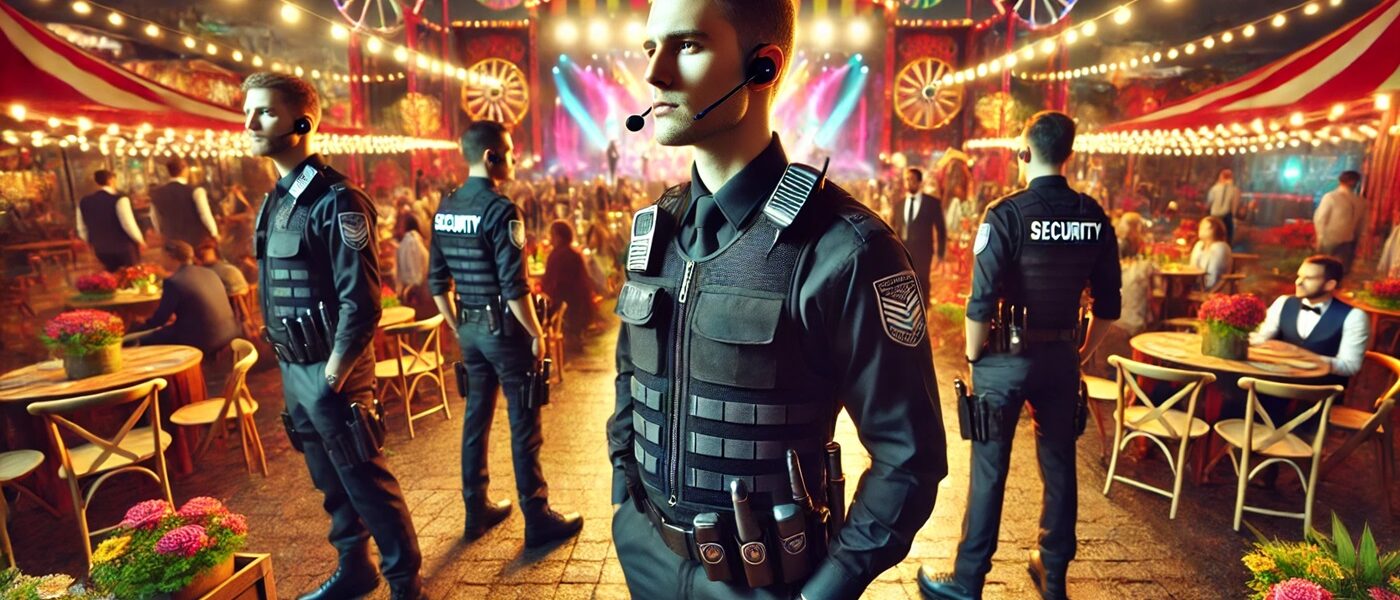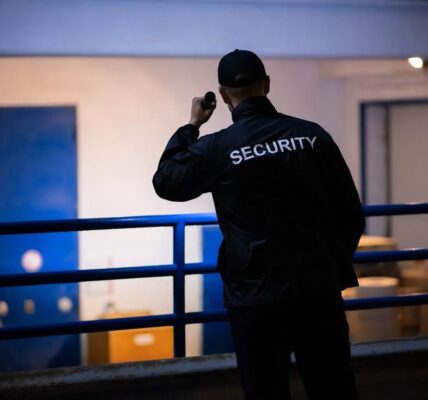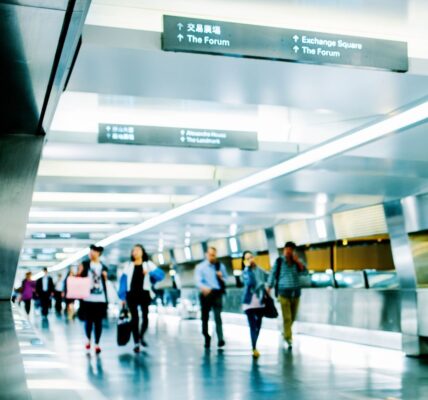When organizing a private event, whether it’s a corporate gala, exclusive wedding, or high-profile party, ensuring the safety and security of your guests and staff is paramount. Melbourne, known for its vibrant event culture, also comes with its own set of challenges and considerations when it comes to planning event security. Here’s a comprehensive guide on how to plan effective security for private events in Melbourne.
1. Understand the Specific Needs of Your Event
Every event is unique, and so are its security requirements. A formal corporate event with VIPs requires different security measures than a lively outdoor music festival or a private wedding. Start by assessing the scale and nature of the event:
- Venue Type and Size: Is it an open-air event, a venue with multiple entry points, or a closed indoor space?
- Number of Attendees: The larger the guest list, the more security personnel and strategies you will need.
- Guest Profile: VIP guests may require personal security, while events with attendees from varied backgrounds may need stricter access control.
2. Hire Professional Security Services
Engaging a professional security company is crucial. Melbourne boasts a number of reputable security firms experienced in managing events of all sizes. Choose a company that:
- Is Licensed and Insured: Verify that the firm and its guards are properly licensed and insured.
- Has Event Experience: Look for a firm that specializes in private events similar to yours.
- Offers Tailored Solutions: The best firms will customize their services based on your event’s specific needs, from crowd management to VIP protection.
3. Develop a Comprehensive Security Plan
A well-thought-out security plan is essential. Work closely with your security provider to outline the following:
- Risk Assessment: Conduct an analysis of potential threats, from unauthorized access and theft to more serious concerns like terrorism or medical emergencies.
- Access Control: Designate secure entry and exit points, ensuring only authorized guests have access. For larger events, consider using ticketing systems with scannable codes or wristbands.
- Surveillance Equipment: Depending on the event’s location and scale, deploying CCTV cameras at strategic points can provide real-time monitoring and a deterrent to potential intruders.
- Patrols and Personnel Positioning: Plan the placement of security guards throughout the venue, with some stationed at entry points, others roaming, and some in plainclothes if needed.
4. Collaborate with Local Authorities
For larger events or those with high-profile attendees, it may be wise to inform local law enforcement. They can provide additional support and guidance, ensuring that you comply with Melbourne’s local safety regulations and protocols. This collaboration can also facilitate faster response times in case of an emergency.
5. Incorporate Advanced Technology
Incorporating the latest security technologies can bolster your event’s safety:
- Metal Detectors and Bag Checks: These are particularly important for events where there is a risk of prohibited items being brought in.
- Mobile Surveillance: Use drones or portable camera systems for events covering large areas.
- Communication Tools: Ensure that all security personnel are equipped with two-way radios or similar communication devices for quick coordination.
6. Manage Guest Lists and Registration Efficiently
Ensure that your guest list is handled with precision. For private events, having a reliable registration and check-in system can prevent unauthorized access. Employ digital tools for guest management, such as:
- Digital Check-In Apps: These can streamline the check-in process and reduce waiting times.
- QR Code Invitations: Use QR codes that can be scanned upon entry for an added layer of security.
- ID Verification: For higher-security events, ask guests to present valid identification that matches their registration details.
7. Plan for Medical Emergencies
A comprehensive security plan isn’t just about preventing threats; it’s also about being prepared for unexpected health issues:
- First Aid Stations: Equip your event with a first aid station and trained staff.
- On-Site Medical Personnel: For larger events or those with elderly or vulnerable attendees, consider hiring medical staff.
- Emergency Response Plan: Ensure all security and event staff are trained on emergency response procedures, including evacuations and first aid.
8. Train Your Staff
Even the best security plan is only as effective as the people implementing it. Ensure that:
- Event Staff Are Aware: Your staff should be briefed on security measures, how to report suspicious activities, and how to manage guest behavior.
- Security Personnel Are Well-Trained: Guards should be trained to handle different scenarios calmly and professionally.
- Communication Protocols Are Clear: Staff should know how to quickly and efficiently communicate with security teams in case of any issue.
9. Conduct a Security Rehearsal
Before the event, conduct a walkthrough with your security team. This helps identify any potential gaps in your plan and ensures that everyone is familiar with their roles and responsibilities. A rehearsal also tests your emergency procedures, allowing you to refine any aspects that need adjustment.
10. Evaluate and Adapt
Post-event, conduct a debrief with your security team and event organizers. Review what went well and identify areas for improvement. This evaluation is invaluable for future events and can help improve overall security protocols.
Conclusion
Effective security planning is integral to hosting a successful private event in Melbourne. By assessing your event’s unique needs, hiring professional security services, leveraging technology, and coordinating with local authorities, you can create a safe and secure environment. Remember, a seamless and well-secured event not only protects attendees but also enhances their overall experience.




